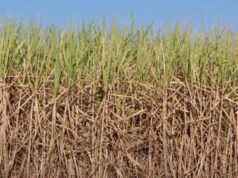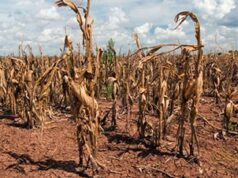The agricultural lecturers often give students general assignments that are not specific to the country’s farming practices and key crops. While these assignments may help students understand general agricultural concepts, they do not fully prepare them for the real challenges they will face in their communities. This approach can limit the student’s ability to relate their learning to local issues, such as how to improve sesame farming or deal with water shortages.

Giving students assignments based on general topics may cause them to miss the chance to deeply understand the unique agricultural environment of Somalia. Instead, if lecturers give assignments focused on local crops and farming practices, students can gain practical knowledge that applies directly to their surroundings. For example, a student working on an assignment about sesame farming in Hirshabelle will learn about soil types, pests, and market challenges specific to that region, making their learning more relevant and useful.
Local assignments also encourage students to develop solutions for problems they see around them. This can inspire innovative ideas that help improve farming methods and increase productivity. When students are familiar with the agricultural challenges in their own regions, they can contribute meaningful ideas to improve farming systems and even influence policies that support farmers.
Moreover, specific assignments can make learning more engaging and interesting because students feel that their work matters. They see how their research can help solve real issues in their communities, which motivates them to work harder and stay connected to their studies. By focusing on Somalia’s agricultural realities, students become better prepared for future careers where they can make a real difference in improving food security and supporting farmers.
In conclusion, giving students assignments that focus on Somalia’s agricultural environment, rather than general topics, will help them become skilled professionals who understand local farming needs. This approach not only makes their learning more practical but also strengthens their ability to contribute to the country’s agricultural development.














